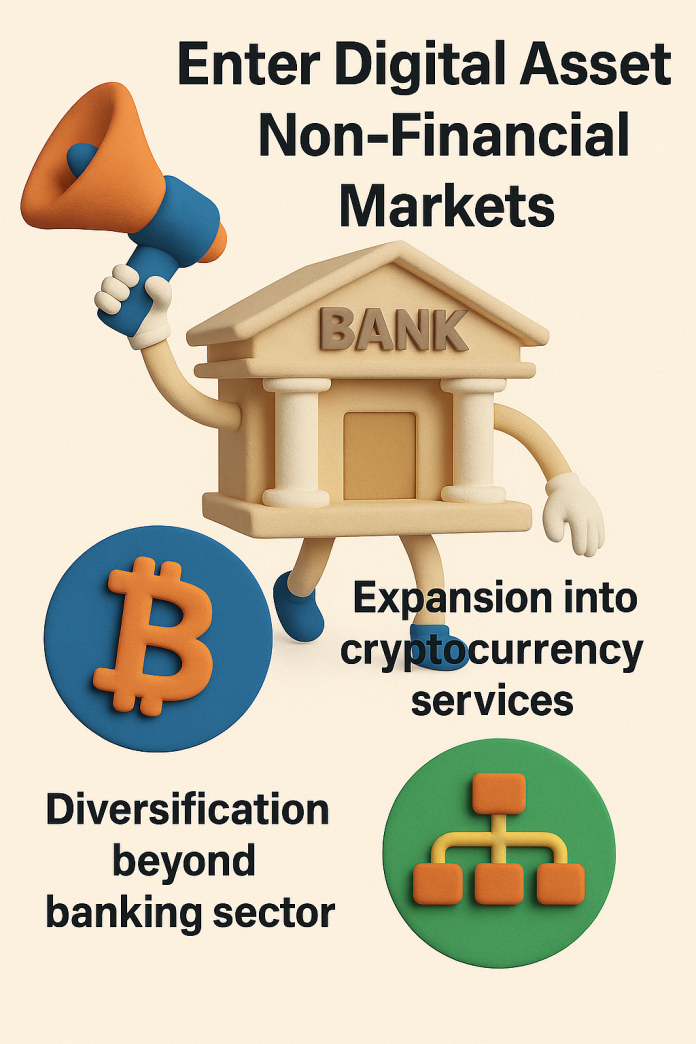
South Korea’s banking industry has formally requested that the new administration permit banks to enter the virtual asset sector and expand into non-financial businesses. As the country transitions into a new leadership phase, the call for deregulation of traditional banking operations is becoming a central issue.
Led by the Korea Federation of Banks, major commercial banks recently submitted a policy recommendation to the Financial Services Commission and the Ministry of Economy and Finance. The document urges regulatory reforms that would allow banks to participate in digital asset custody services, discretionary investment management, and various non-financial business activities.
Under current banking laws, cryptocurrency-related businesses fall outside the scope of permitted financial activities, effectively barring banks from participating. The banks argue that it is counterintuitive to exclude institutions that are best equipped to securely manage client assets. They emphasized the need for regulatory flexibility so that banks, known for their public trust and operational stability, can responsibly enter the digital asset market.
The proposal also presses for broader permission to operate non-financial businesses. Specifically, the banks want regulatory recognition for subsidiaries involved in retail, travel, ICT, and logistics as part of their permitted operations. This move is aimed at countering the dominance of “Big Tech” firms, which are rapidly integrating financial and non-financial services.
In addition, the banks called for reforms including:
-
Approval of discretionary investment management (or at least for public funds),
-
Expansion of the types of assets eligible for trust services,
-
Clarification of legal grounds for financial penalties, and
-
Introduction of a statute of limitations for regulatory actions.
On this last point, banks criticized the current system where even long-past events, sometimes lacking preserved records, can still be subject to punishment. They proposed adopting a legal cutoff similar to the statute of limitations found in general administrative law.
This collective proposal reflects the financial sector’s desire to innovate and remain competitive amid regulatory sandboxes, Big Tech disruption, and the mainstreaming of digital assets. While the government has yet to formally respond, industry insiders expect the issue to be addressed soon by the new administration and within financial policy circles.






